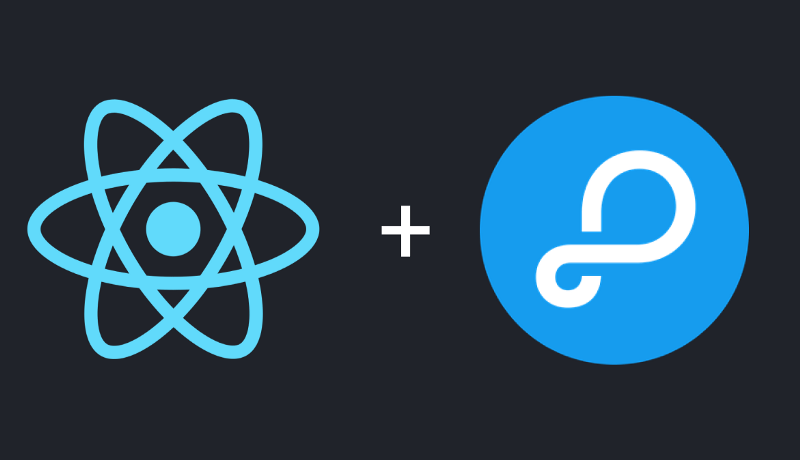Ionic and Flutter are well-known cross-platform development frameworks with different features and functions. In case you are wondering about how these two platforms differ, this ionic vs Flutter article shall compare and contrast the two frameworks.
Keep on reading to gain a better understanding of these two app development frameworks.
Key Takeaways
- Flutter was developed by Google as an open-source framework for building cross-platform apps.
- Ionic is a cross-platform framework for building Android, iOS, and web apps from a single codebase.
- The main difference between Ionic and Dart programming languages lies in the programming language used and performance on mobile and web apps.
- Provision of an open-source framework, native APIs are the main similarities of Ionic and Flutter.




